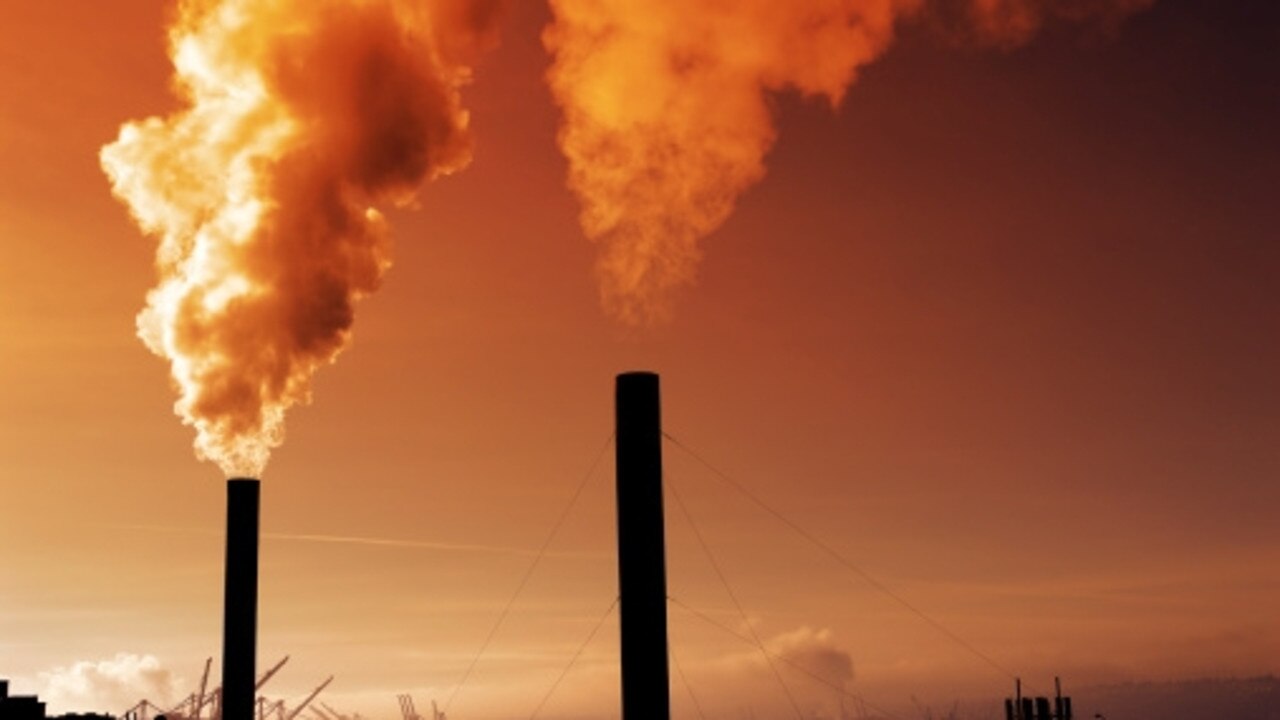Less meat, coal key to a cooler planet
A major new climate report urges an accelerated withdrawal from coal and a dietary shift from meat to limit global temperature rises.

An accelerated withdrawal from coal and a change in the global diet away from meat are needed to limit global temperature rises to 1.5C, leaked copies of a major new climate report say.
Scientists and diplomats are meeting in South Korea this week to finalise the report that distils the findings of more than 6000 scientific papers.
The 400-page report, scheduled to be released on Sunday, has been described by scientists involved as the most “politically charged” document in the history of the Intergovernmental Panel on Climate Change.
The draft talks of “climate mayhem” and “a swift and complete transformation not just of the global economy, but of society, too”.
This is despite claims by reviewer Bob Ward from London’s Grantham Institute that scientists had “pulled their punches” to make policy recommendations seem more palatable to countries such as the US, Saudi Arabia and Australia.
This week, the political representatives of countries that have signed the Paris Agreement are going through the 22-page draft summary line by line to reach an agreed text for policymakers.
Opening the talks yesterday, IPCC chairman Hoesung Lee said the meeting would “produce a strong, robust and clear summary for policymakers while upholding the scientific integrity of the IPCC”.
Leaked copies of the draft document have opened a window on the negotiations.
The bottom line, according to a report by AFP in Paris, is that at current levels of greenhouse gas emissions, there is “high confidence” the 1.5C threshold will be passed around 2040.
The draft report says carbon dioxide emissions should peak not later than 2020 and the global economy must become “carbon-neutral” by 2050.
To meet the remaining “carbon budget” of 550 billion tonnes set out in the summary, the share of primary energy from renewables would have to jump from a few per cent currently to at least 50 per cent by mid-century.
The share of coal would need to drop from about 28 per cent to between 1 and 7 per cent.
The report does not tell policymakers what to do but suggests four pathways.
One relies heavily on future technologies to radically reduce energy needs while another assumes major changes in consumption habits, such as eating less meat and abandoning internal combustion engine cars.
The other measures include sucking massive amounts of CO2 from the atmosphere through large-scale reforestation, use of biofuels or direct carbon capture.
“Never in the history of the IPCC has there been a report that is so politically charged,” Henri Waisman, one of the report’s 86 authors, told AFP.
Australian Conservation Foundation climate change manager Gavan McFadzean said the report would be “another important contribution to our understanding of climate change and represent a wake-up call for greater global ambition and national action to cut pollution.” The Paris Agreement aims to limit global temperature rises to less than 2C above pre-industrial levels.





